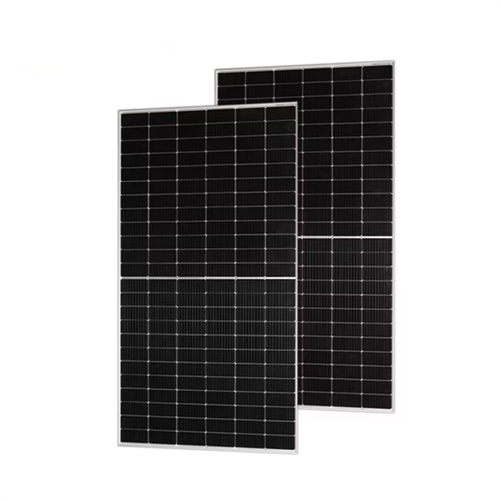About Supercapacitors solar energy storage
Nowadays, the energy storage systems based on lithium-ion batteries, fuel cells (FCs) and super capacitors (SCs) are playing a key role in several applications such as power generation, electric vehicles, com.
••It presents an overview on different types of SCs along with the electrode.
Energy storage systems (ESS) are highly attractive in enhancing the energy efficiency besides the integration of several renewable energy sources into electricity systems. W.
As mentioned earlier, the SCs have gained much attention due to their phenomenal properties such as fast charge and discharge, long cycle life and high PD. This is due to th.
3.1. Types of SCsAccording to the charge storage mechanism, SCs are classified as EDLCs, PCs and HSCs. Fig. 4(a) highlights the basic comp.
4.1. DC MicrogridsThe dc microgrids are powered with several renewable energy power sources along with the utility grid. There will be a voltage or current fl.
As the photovoltaic (PV) industry continues to evolve, advancements in Supercapacitors solar energy storage have become critical to optimizing the utilization of renewable energy sources. From innovative battery technologies to intelligent energy management systems, these solutions are transforming the way we store and distribute solar-generated electricity.
When you're looking for the latest and most efficient Supercapacitors solar energy storage for your PV project, our website offers a comprehensive selection of cutting-edge products designed to meet your specific requirements. Whether you're a renewable energy developer, utility company, or commercial enterprise looking to reduce your carbon footprint, we have the solutions to help you harness the full potential of solar energy.
By interacting with our online customer service, you'll gain a deep understanding of the various Supercapacitors solar energy storage featured in our extensive catalog, such as high-efficiency storage batteries and intelligent energy management systems, and how they work together to provide a stable and reliable power supply for your PV projects.
Related Contents
- The role of solar cell energy storage device
- Home solar energy storage export
- Lithium titanate solar energy storage battery
- Ouagadougou solar energy storage battery system
- Slovakia solar energy storage battery
- Solar energy storage agent
- Energy storage liquid solar energy
- Types of north asian solar energy storage boxes
- How to charge solar energy storage
- Principle of solar energy storage materials
- Solar energy storage inverter controller
- Solar energy mandatory storage


